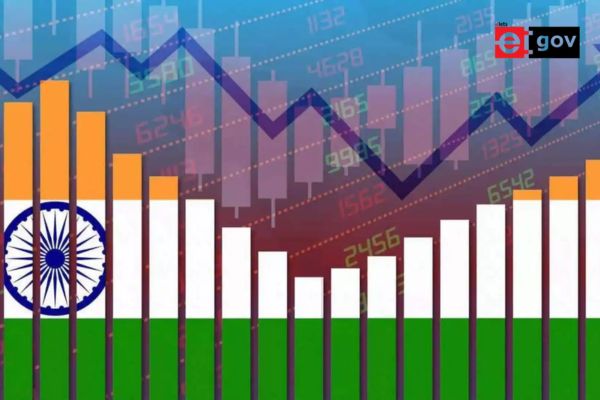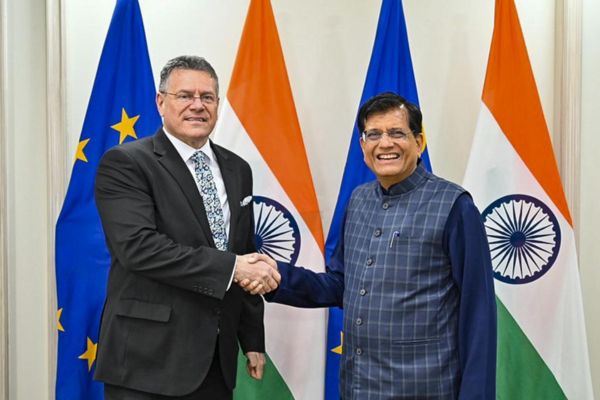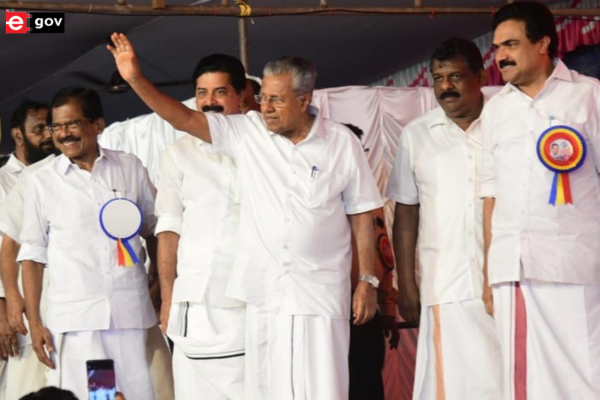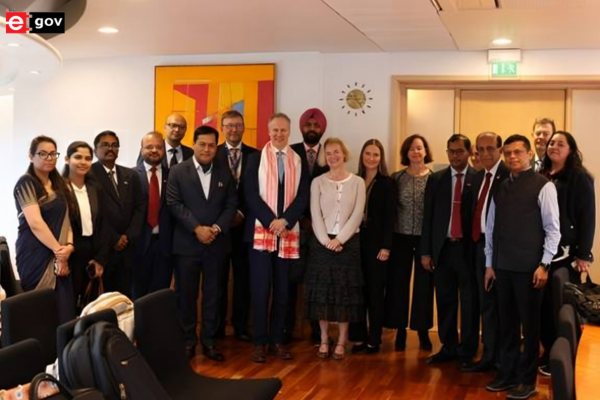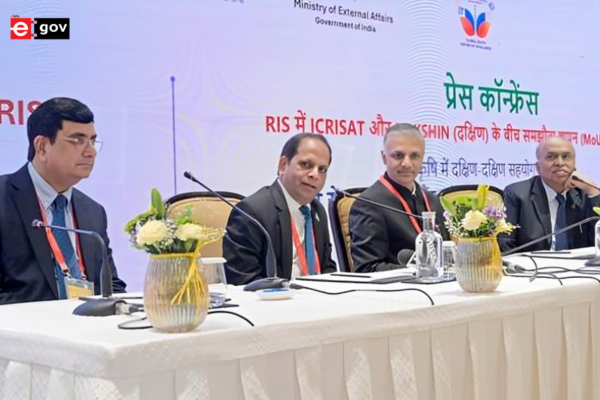
Finance Minister Nirmala Sitharaman has asserted that India’s journey toward becoming a developed nation by 2047 will be propelled by bold reforms, strengthened domestic capacities, and deeper global partnerships. Speaking at Stanford University in California, she underscored that this vision is not just aspirational, but a shared national mission, grounded in strong policy intent and a sustained momentum of reforms.
Highlighting India’s transformative economic approach, Sitharaman pointed out that the government’s capital expenditure has more than quadrupled between 2017–18 and the 2025–26 Budget. This ramp-up, she said, has laid a robust foundation for a manufacturing-led economy. She also lauded the United States for its leadership in nurturing start-up ecosystems globally.

Drawing from India’s reform journey, the Finance Minister said the implementation of the Business Reform Action Plan across states has proven that deregulation is a powerful driver of industrial growth. Over the past decade, India has undertaken significant structural reforms—including the rationalisation of more than 20,000 compliance norms, decriminalisation of business laws, and a sharp focus on digital public service delivery.

Sitharaman credited these reforms with helping India navigate major global shocks such as the COVID-19 pandemic and financial sector volatility. As a result, India has ascended from the tenth-largest to the fifth-largest global economy.

Referencing a report by Indiaspora and BCG, she noted that between 2018 and 2023, Indian-origin first-generation immigrants founded 72 unicorns with a combined valuation of USD 195 billion, collectively employing nearly 55,000 people. She also spoke about the strategic rise of Global Capability Centres (GCCs), with over 65% headquartered in the US, offering critical services in areas like consulting, research, and auditing.

Sitharaman also spotlighted India’s global leadership in Digital Public Infrastructure (DPI), citing the creation of over a billion digital identities that have enabled swift financial inclusion and vaccine deployment during the pandemic. She said India’s DPI success has been acknowledged globally, with recognition from platforms like the G20, IMF, and World Bank.
Addressing the critical role of small and medium enterprises (SMEs), she detailed initiatives such as improved access to credit, faster payments, streamlined compliance, and revised classifications to boost their contribution to the economy.
Also Read: Uttar Pradesh: 15 IPS Transferred, Sudha Singh posted as DIG Railway, Lucknow
She further elaborated on the Open Network for Digital Commerce (ONDC), launched in April 2022, which has already onboarded more than 7.6 lakh vendors across 616 cities. The next phase of reforms, she said, will integrate MSMEs into global value chains and actively promote rural and women-led enterprises.
On the subject of empowering women economically, Sitharaman cited measures like extended maternity leave, preferential interest rates for women’s savings, tax incentives for women property owners, and targeted nutrition programs through the Poshan Scheme.
Be a part of Elets Collaborative Initiatives. Join Us for Upcoming Events and explore business opportunities. Like us on Facebook , connect with us on LinkedIn and follow us on Twitter, Instagram.
"Exciting news! Elets technomedia is now on WhatsApp Channels Subscribe today by clicking the link and stay updated with the latest insights!" Click here!





